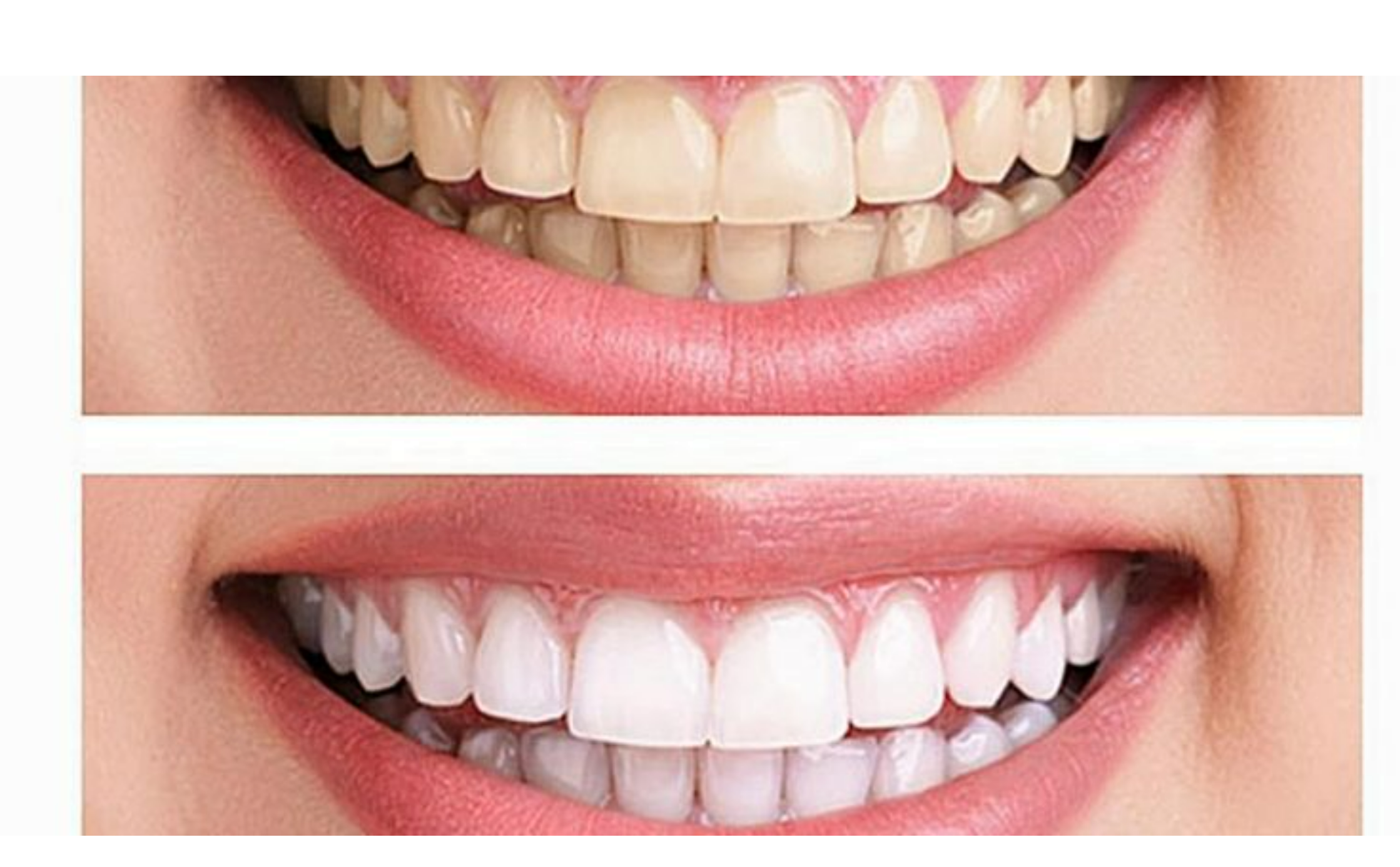
05 Jul 2024
Dental Care, Dental Services
Teeth Whitening
Teeth Whitening Like a smart man one ought to be concern about his teeth simply because it is really a device for social communication. Your white smile can convince the customer, you'll get great response from your boss. Dingy colored the teeth might be dangerous for the career too as you should face a number of difficulties. So teeth whitening are truly essential phenomena for you personally which you should manage the issue seriously. What Causes Tooth Staining? As we grow older our teeth generally become naturally darker in shade. Teeth can also be made darker by our eating and drinking habits e.g. tea, coffee, red wine and cigarettes can all cause staining. Tooth discoloration may also be caused by the consumption of tetracycline, certain antibiotics and excessive fluoride. Discoloration could also occur during tooth formation. However, tooth whitening is a simple, yet highly effective procedure to lighten teeth. Teeth whitening methods: There are two popular teeth whitening options available through your dentist. Chair side Bleaching - This professional teeth whitening procedure begins with the application of a protective gel or rubber shield to the gums and soft tissue. A bleaching agent is then applied to the teeth. You should achieve results in just one or two visits. Home-use Bleaching - Home-use teeth bleaching gives you the power to whiten your own teeth. A custom-fit night guard filled with a peroxide mixture is used until you reach your desired outcome. Over-the-Counter Teeth Whitening -The cheapest and most convenient of the teeth whitening options, over-the-counter bleaching involves the use of a store-bought whitening kit, featuring a bleaching gel with a concentration lower than that of the professionally dispensed take-home whiteners. It is best to consult a qualified aesthetic dentist to understand which whitening option is best for you & can give you quick results. How effective is Teeth Bleaching? In clinical studies, 96 percent of cosmetic dentistry patients experience at least some lightening, and many patients notice a significant improvement in the color of their teeth. Tooth whitening performed or dispensed by a dentist is also proven to be more effective and faster than over-the-counter tooth whitening kits or other tooth whitening products. After Whitening Maintenance At-home follow-up or maintenance whitening - implemented immediately or performed as infrequently as once a year. Avoiding dark-colored foods and beverages for at least a week after whitening. Whenever possible, sipping dark-colored beverages with a straw. Practicing excellent oral hygiene - brushing twice daily and flossing after meals and at bedtime. Use a Whitening Toothpaste and a soft bristle toothbrush to remove surface stain and help your teeth stay bright Avoid smoking & chewing tobacco. Visit your dentist for regular cleanings and checkups (recommendation: every 6 months) Regular professional care and a good daily hygiene routine will help maintain your whitened teeth for up to 2 years. Caveats In addition to the aforementioned risk factors, a number of caveats should be considered before undergoing teeth whitening: No amount of bleaching will yield "unnaturally" white teeth. Whitening results are not fully seen until approximately two weeks after bleaching. This is an important consideration if you are about to have ceramic restorations and want to be sure the color matches that of your newly bleached teeth. If cosmetic bonding, porcelain veneers or other restorations are part of your treatment plan, they should not be placed until a minimum of two weeks following bleaching to ensure proper adhesive bonding, function and shade matching. To avoid the technical or effect, tooth-colored restorations will likely need replacement after bleaching. Recessed gums often reveal their yellowish root surfaces at the gum line. That yellow color has proven difficult to bleach. Pregnant or nursing women are advised to avoid teeth whitening. The potential impact of swallowed bleach on the fetus or baby is not yet known. Tooth whitening is not permanent. A touch-up may be needed once years, and more often if you smoke, drink coffee, tea, or wine.
Related Blogs
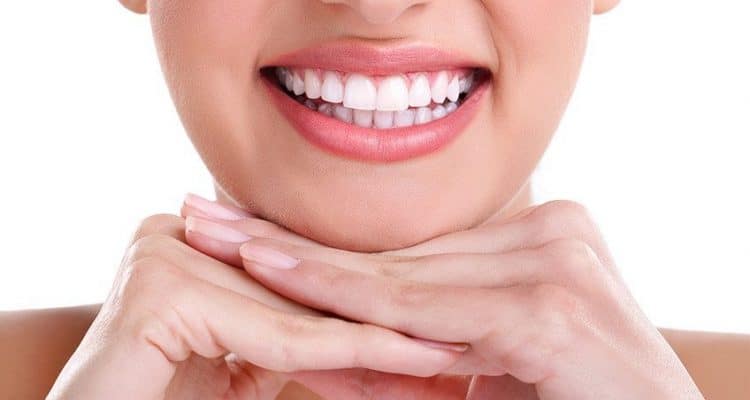
29 June
Cosmetic Dentistry Boost Your Self Confidence
Cosmetic Dentistry Boost Your Self Confidence
Learn More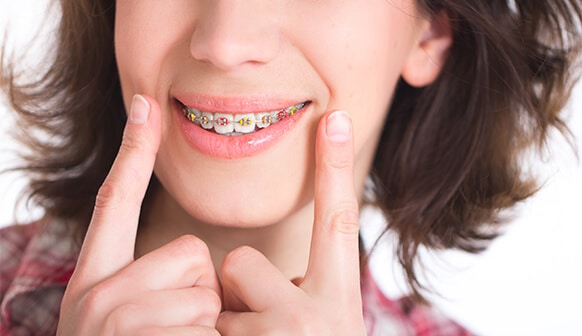
1 July
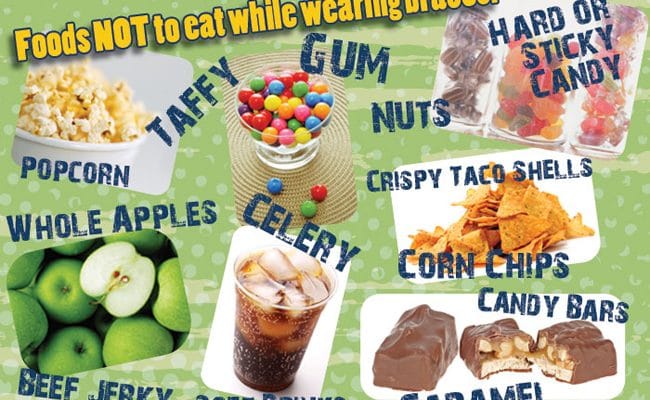
29 June

29 June
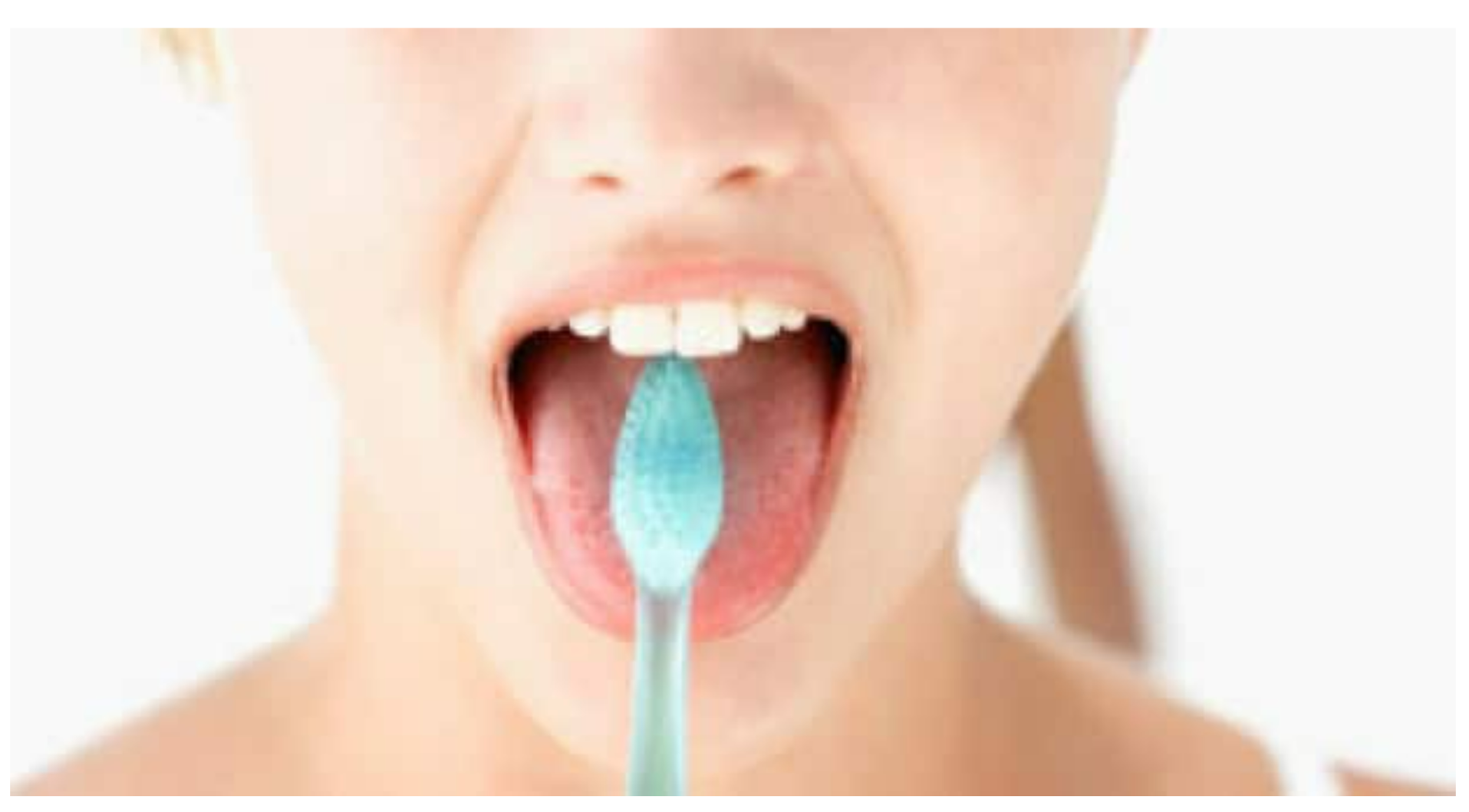
5 July
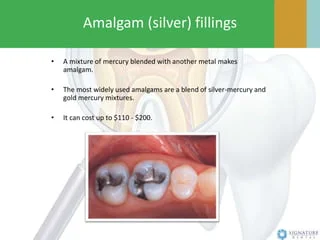
5 July
Silver Mercury Amalgam Fillings Detract from the Beauty of your Smile
Silver Mercury Amalgam Fillings Detract from the Beauty of your Smile
Learn More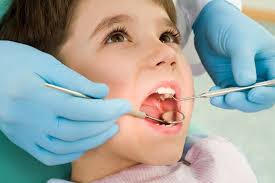
5 July


